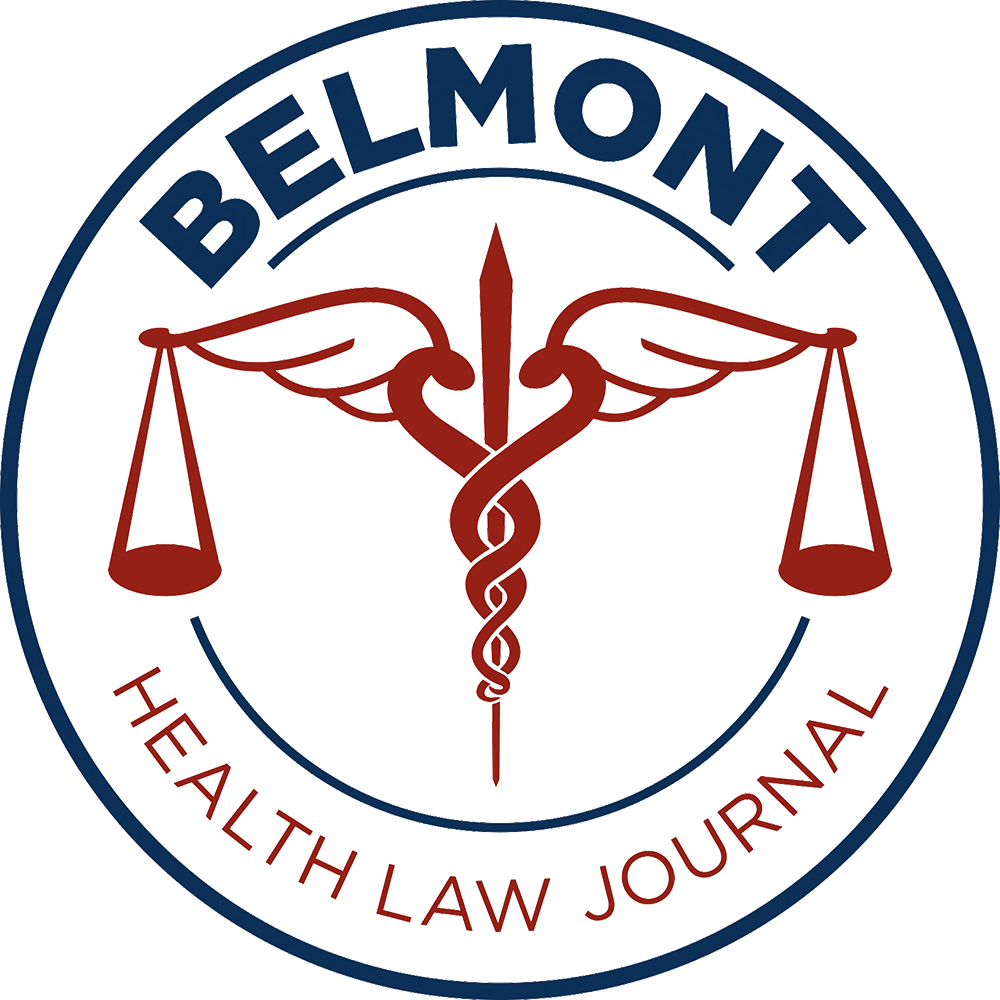David Brust, Class of 2022, Belmont Law
On Wednesday, March 9, 2022, Bankruptcy Judge Robert Drain gave tentative approval to the Purdue Pharma bankruptcy settlement. Members of the Sackler family, who founded Purdue Pharma (the creator of OxyContin), are set to pay an estimate $5.5 billion to $6 billion as part of the settlement. The money is to mainly go towards fighting the opioid crisis in the United States. However, $750 million is set to go directly to victims or their surviving family members. Another key element of the settlement is that Sackler family members are protected from any future civil lawsuits over opioids, however, they are not immune from any potential criminal charges. Thus far, no member of the Sackler family has ever been charged with a crime related to the opioid crisis and there has been no indication that charges are coming any time soon. Although, Purdue Pharma twice plead guilty to criminal charges and currently seven U.S. senators have asked the Department of Justice to consider charges against members of the Sackler family.
The next day, on March 10, 2022, several victims of the opioid crisis and their family members had an opportunity to directly address the Sackler family in court via zoom. Several people gave detailed accounts to Richard, David, and Theresa Sackler about how OxyContin and other opioids impacted their lives. One victim gave an account of how she was told her she could have a healthy baby while still taking OxyContin. However, her daughter was born with “physical, developmental, and emotional difficulties,” something the settlement seeks to address by dedicating over $100 million for “medical monitory and payments for children born in withdrawal from opioids.” Members of the Sackler family were not allowed to reply to the victim testimony directly. However, Richard Sackler, Purdue Pharma’s former president and board chair, maintains that neither Purdue Pharma nor his family have any responsibility for the opioid crisis. The settlement still requires approval from other courts before it goes into effect.
In other news, Kathy Hochul, the Governor of New York, announced that New York will contribute up to $1 million to combat the opioid crisis. The program is partially funded through a federal State Opioid Response grant. The money will go to the Opioid treatment program whose providers will establish “mobile medication units (MMUs) to provide medications such as methadone and buprenorphine, to treat substance abuse disorders.” Other services offered by these MMUs include “admission assessments, medication induction, medication administration and observation, toxicology tests, and other substance abuse disorder related medical services.” Recently, the DEA finalized regulations to MMUs, so their prevalence should increase within the next few years. Providers hope that MMUs will increase access to treatment for substance abuse disorders. MMUs allow greater flexibility in providing substance abuse treatment because the units can go directly to places such as homeless shelters and tent cities that have many people with a substance abuse disorder. Thus, MMU programs such as New York’s should be able to provide health care and treatment to those most in need and help to get the opioid crisis under control.
Works Cited:
https://www.natlawreview.com/article/behavioral-health-law-ledger-march-2022
